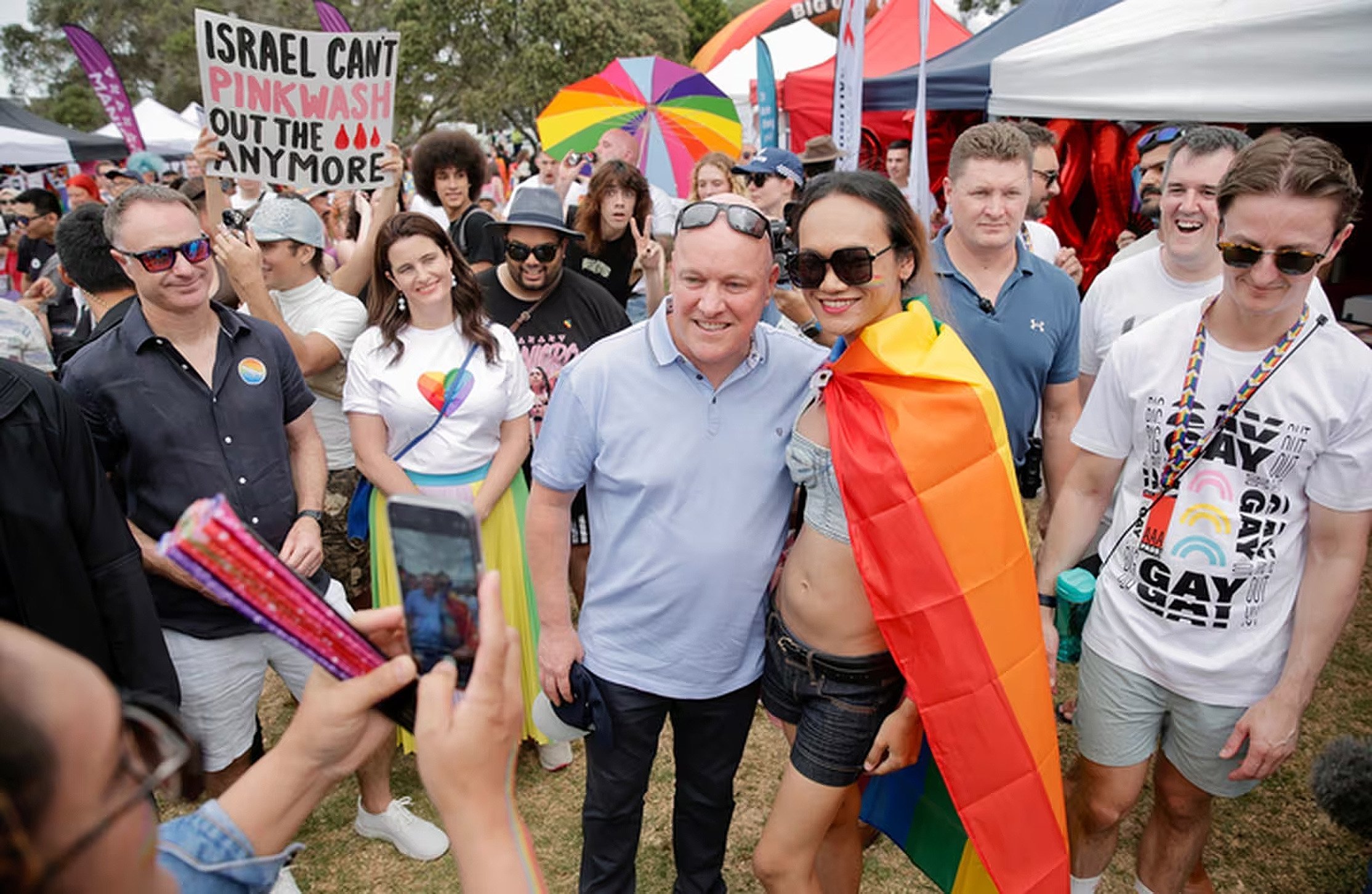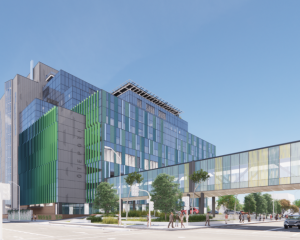
The assassination attempt on United States presidential candidate Donald Trump is a reflection of how toxic and polarised politics has become in that country.
The worry is that New Zealand could be following down the same path. We need to deal better with political differences and debate to avoid this.
A recent study by University of Otago academics published in April in the international journal Frontiers in Psychiatry illustrates the problem. This surveyed 54 MPs during and after the Covid pandemic and found they had experienced a disturbing rise in harassment and threats.
Nearly every respondent in the survey reported harassment ranging from communications on social media to physical violence. In addition, 40% said they had been threatened with physical violence, 14% with sexual violence, and 19% had threats made against their families.
One of the article’s authors, forensic psychiatrist Justin Barry-Walsh, said: "You don’t have to be a political scientist to realise this is a troubling issue for our democracy."
He argued that the increasing toxicity in politics would drive people out of politics and weaken human rights.
MPs themselves, however, must also look at the role they are playing in escalating tensions and aggression. Already, there has been some focus on the likes of David Seymour joking about blowing up government departments, Chloe Swarbrick chanting slogans that many Jewish people interpret as calling for the destruction of Israel, and Te Pati Māori MPs accusing their opponents of being white supremacists.
While there should always be room in politics for humour, radicalism and colourfulness, there is no doubt politicians are sometimes the worst at stoking tensions for electoral gain.
The area where New Zealand politics is most polarised and often verging on political violence is regarding ethnicity, racism and Treaty of Waitangi politics. Arguments over these issues have been escalating wildly, potentially making political violence more likely.
Quite perceptively, the co-leader of Te Pati Māori, Debbie Ngarewa-Packer, stated last year: "I think sadly, because of the polarisation, the way that politicking has been going, there hasn’t been a good discussion, there hasn’t been calm called by many leaders."
Yet, since then, Ngarewa-Packer has been one of the worst offenders. And often with racial vitriol expressed at Māori opponents.
There is also a sense in which culture wars and identity politics are fuelling much of this anger.
This is especially the case in the US, where the big battles are increasingly not about economics or other traditional left-right concerns but about abortion, immigration and race.
We should all be concerned about this trend. Personal abuse, dishonesty and contempt in the public sphere are bad for democracy, social cohesion and the political system’s integrity.
While there is nothing inherently wrong with having significant political disagreements or even radical political philosophies and policies, when it leads to an over-the-top treatment of your opponents as hated enemies, then democracy is in trouble.
Going beyond the personalisation of politics, however, we should be able to see that rising anger is based on genuine concerns. As in the US and other parts of the world, much of it stems from alienation from the existing political and economic systems.
A recent Ipsos survey on rising populist attitudes in New Zealand indicates this. For example, it found that two-thirds of the country thinks that "New Zealand’s economy is rigged to advantage the rich and powerful" and that "New Zealand needs a strong leader to take the country back from the rich and powerful".
Although the discontent was across all demographics, it was particularly pronounced amongst left-wing voters, those on low incomes, and Māori.
The extent to which New Zealand society is cohesive and trusting of each other also appears to be in decline, which can often lead to rising political violence.
The most crucial survey was conducted for The New Zealand Herald in late 2022. It showed that 64% of the public thought New Zealand society was becoming more divided.
Most New Zealanders believe the unequal distribution of wealth is at the heart of this decline. According to a survey, 74% believe that wealth inequality is tearing us apart.
Such genuine concerns, and also about ethnic inequality, should indeed make us angry. The trick is not to let this distract us into hatred for individuals or disable our ability to discuss and debate politics.
That is just an unpleasant recipe for toxic polarisation and the increasing threats to both politicians and public participation in democracy.
— Former Otago academic Dr Bryce Edwards is political analyst in residence at the School of Government, Victoria University of Wellington.










